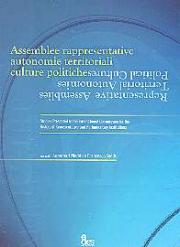
Assemblee rappresentative, autonomie territoriali, culture politiche
€35,00
DisponibileDescrizione
Raccolta di saggi presentati al 59° Congresso dell’International Commission for the History of Representative and Parliamentary Institutions, tenutosi ad Alghero nel luglio del 2008. Essi coprono un arco temporale e spaziale molto ampio, ricostruendo vicende che rimandano ad epoche diverse, dal Medioevo all’età contemporanea, con riferimento a contesti diversi, ma essenzialmente limitati al continente europeo. Sono tuttavia riconducibili a tre grandi aree di riflessione: 1) le fonti e le metodologie per lo studio della storia dei parlamenti; 2) le culture politiche che hanno condizionato l’evoluzione delle assemblee rappresentative; 3) il ruolo decisivo delle istituzioni rappresentative nella definizione delle identità e delle autonomie territoriali.
The essays gathered in this volume are the revision of a significant part of the paper presented to the ICHRPI 59th Conference, which took place in Alghero on July 2008. They cover a very wide temporal and spatial range: they describe events that refer to different ages, from Medieval to contemporary ones, and different contexts mainly limited to European countries. Neverthless they are ascribable to three themes: 1) sources and methodologies for the study of parliamentary history; 2) political cultures which influenced the evolution of representative assemblies; 3) the centrl role of the representative institutions in the definition of territorial identities and autonomies.
Informazioni aggiuntive
| Informazioni | Representative assemblies, territorial autonomies, political cultures a cura di Annamari Nieddu e Francesco Soddu formato 17x23 628 pagine
|
|---|---|
| Tipo di legatura | Brossura |
Devi effettuare l’accesso per pubblicare una recensione.

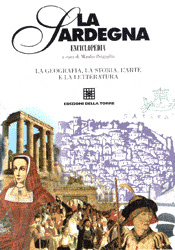
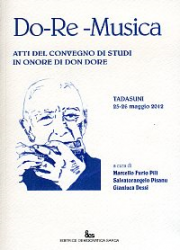
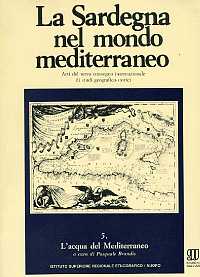
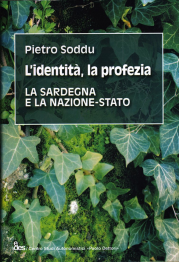
Recensioni
Ancora non ci sono recensioni.